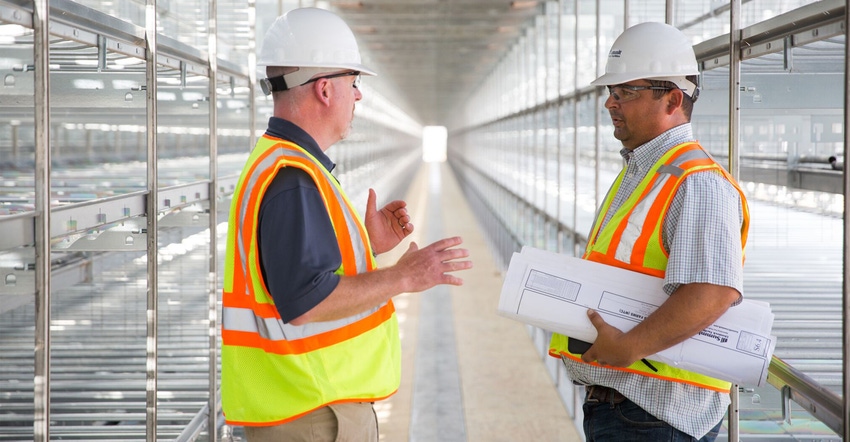HSUS partnered with bipartisan legislators, key ag stakeholders and other animal protection groups to ensure bill’s success.

Washington Gov. Jay Inslee signed a law that phases out the production and sale of eggs from caged hens, regardless of where the eggs were produced. The measure follows similar actions in California and Massachusetts, where ballot initiatives have required changes to housing requirements.
In addition to banning cages and requiring more space per bird, the law also mandates that hens be provided with enrichments, including scratch areas, perches, nest areas and dust bathing areas.
The U.S. Department of Agriculture will not publish the number of layers in the state of Washington so as not to divulge individual farmer totals, but the agency did put the total number of eggs at 185 million. If the 7.5 million people in Washington consume eggs at the projected per capita rate of 279 per person, Washington will need to import eggs from other states, National Association of Egg Farmers president Ken Klippen said.
Klippen noted that USDA's "Cage-Free Shell Egg" report, released on Dec. 3, 2018, estimated the total U.S. cage-free layer flock (non-organic cage-free layers plus certified organic cage-free layers) at 51.16 million birds. USDA's December 2018 "Chicken & Eggs" report estimates the total U.S. table egg population at around 325 million hens, which would put the current cage-free layer flock at 17.6% of the total U.S. layer flock. It is estimated that less than 1% of U.S. hens are currently housed in enriched cages.
Bloomberg reported on April 11 that McDonald’s is about a third of the way to meeting its goal of sourcing eggs entirely from cage-free hens in the U.S. by 2025. The expected surge in demand has sparked barn upgrades across the country over the past several years, with producers building facilities that give hens a bit more space. This increase in supply is reducing cage-free eggs’ market premium over regular eggs. The narrowing in prices comes amid an overall egg glut in the U.S., and demand for products from cage-free flocks still lags behind capacity, Urner Barry’s Brian Moscogiuri noted.
The Humane Society of the United States (HSUS) claimed victory for passage of the law in Washington.
Kitty Block, HSUS president and chief executive officer said in a blog post, “The HSUS has spearheaded the passage of this law and others in a dozen states — from Florida to Ohio to Arizona — to eliminate extreme confinement. These successes bolster the work we have done with some of the largest food corporations in recent years, both in the United States and globally, to end cruel cage confinement practices by their suppliers. As a result, lawmakers and corporations are increasingly realizing that the future is cage free."
Block said in Washington, HSUS partnered with Democrat and Republican legislators, key stakeholders in the agriculture sector and other leading animal protection groups to ensure the bill’s success.
“The laws in Washington, California and Massachusetts set a great precedent for other states and countries to follow and further support corporate policy commitments reforming how farm animals are raised. Let’s keep the momentum going as we work toward the day when no farm animal is locked in a cage,” Block noted.
About the Author(s)
You May Also Like



.png?width=300&auto=webp&quality=80&disable=upscale)

